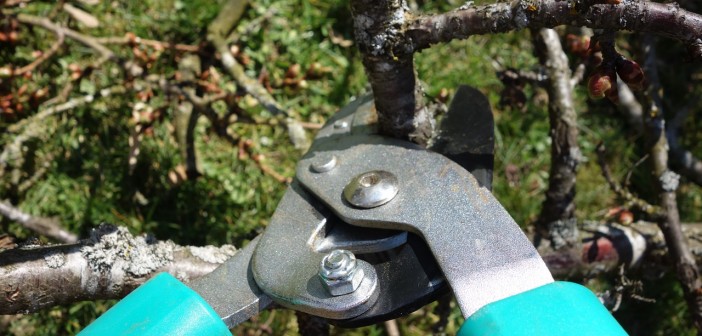I think the American Church is undergoing a reset. America is getting older; and the Church is even older. For a generation, expenditures have increased while membership has declined. Mainline Protestant churches are at unsustainable levels of salary, benefits, and indebtedness. We can’t just downsize temporarily or ride out the storm. There must be fundamental changes in the way we do our business.
We are in the midst of a great reset; but we are ultimately a part of the great vine winding through history.
We are the branches. The scriptural passage that comes to mind is John 15:1-5. Jesus is speaking to the disciples:
I am the true vine, and my Father is the vine-grower. He removes every branch in me that bears no fruit. Every branch that bears fruit he prunes to make it bear more fruit. You have already been cleansed by the word that I have spoken to you. Abide in me, as I abide in you. Just as the branch cannot bear fruit by itself unless it abides in the vine, neither can you unless you abide in me. I am the vine, you are the branches.
This passage reminds us that faithfulness will yield fruit. But it also reminds us that we are not the vine. Our liturgy says: “The church is of God and will be preserved to the end of time.” But it is referring to the Church with a capital “C,” not our particular congregations. We are not stewards of the legacy of our congregations. We are not even stewards of the building or the endowment. They are means, not ends. We are stewards of the Gospel of Jesus Christ, trustees of the mission and ministry of the disciples in this time and place. Meanwhile, with or without us, the grapevine is always growing, always changing. For me there is an assurance and sense of freedom in this realization.
Pruning for fruitfulness. What do vine growers teach us? I once saw the “Great Vine” at Hampton Court Palace in London, said to be the oldest vine in the world, yet it produces about 800 pounds of grapes each year. Pruning is the key to this miraculous fruitfulness. Pruning “resets” a grapevine for fruitfulness because grapes grow only on one-year-old wood. Pruning focuses all of the energy of the plant on the new growth sites. You don’t prune to survive; you prune to thrive and bear fruit.
For a time, I worked with a tree-trimming business, and I learned some lessons about pruning.
- Look for the growth potential. Rather than just cutting back, careful pruning considers how the tree wants to grow. Where is it planted? What surrounds the root structure? And where are the main branches already growing? We in the church can ask some of the same questions. What has happened in this neighborhood over the years? Where can we be in ministry, and who might want to join us in that mission? What does this congregation do well? In what direction is the energy flowing?
- Create opportunities for the future. The pruning season is about buds and young branches, not grapes. Focus on the people not the dollars. This is the time to take stock not just of pledges and financial gifts, but also the number of new people, younger people, diverse people; the number of people deeply engaged in ministry; the new opportunities for ministry; the number of people served.
- Make tough cuts when necessary. Remember, a plant doesn’t look so good immediately after pruning! Pruning is not just getting rid of “deadwood.” Nobody in our church family is “deadwood,” but there are ministries that have outlived their usefulness. We don’t need to stop all the tried and true programs. But it is vital to remember that growth is likely to happen at the end of the branch.
- Rely on the promise of spring. There is a particular season for pruning. In the winter, you prune to prepare for spring when conditions are prime for growth. Pruning is not just cutting back; it prepares the vine for new growth.
This time of economic challenge may be the season for pruning. Remember that a crisis is also an opportunity. Richard Florida says, “Great Resets are times when the seeds of innovation and invention, of creativity and entrepreneurship, burst into full flower, enabling recovery by remaking both the economy and society.”
We are in the midst of a great reset; but we are ultimately a part of the great vine winding through history. We must use this time to move from being inner-directed, member-service organizations to becoming outer-directed missional churches seeking to welcome strangers and minister to a broken world. We need a kind of leadership that fosters branching growth and helps us become missional again.






